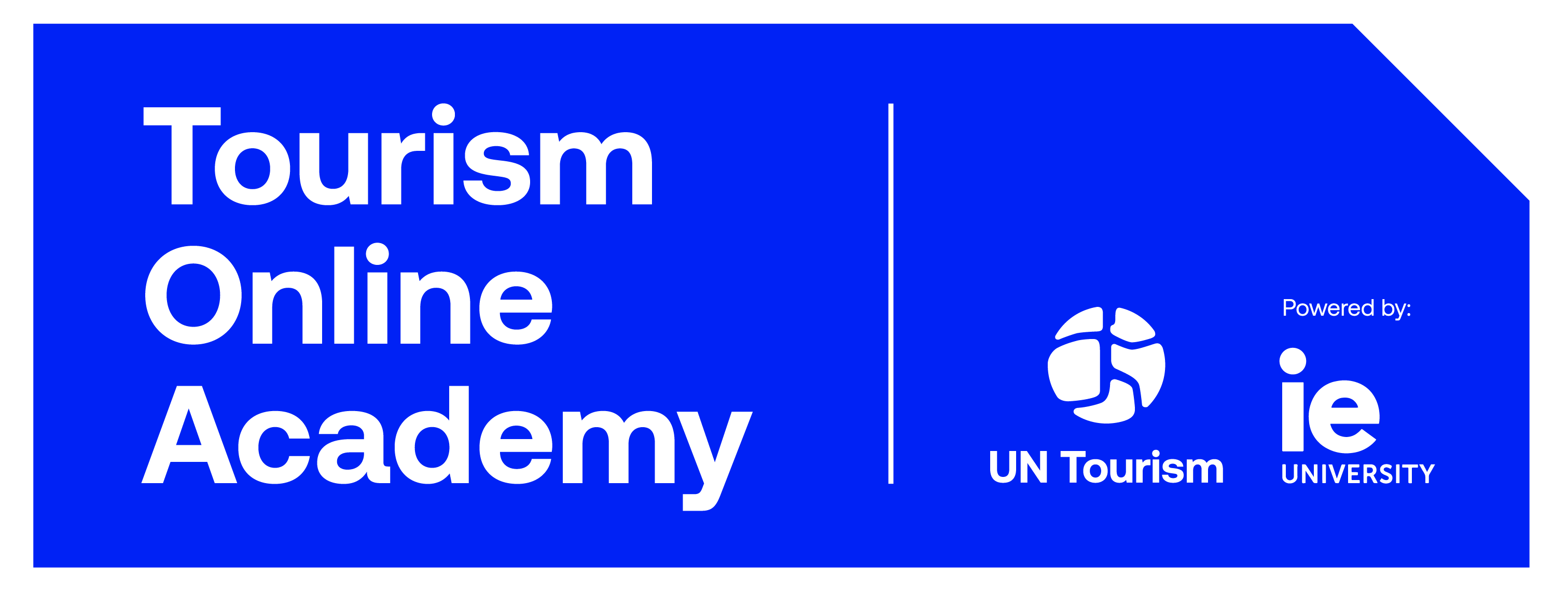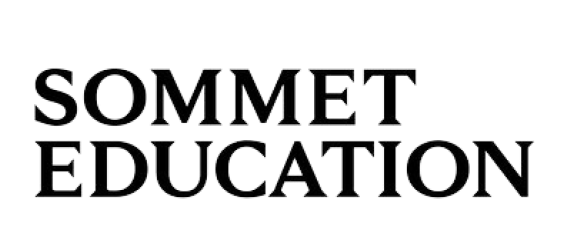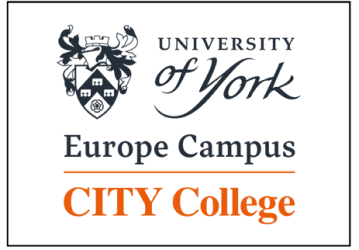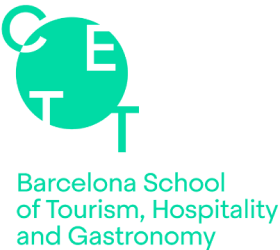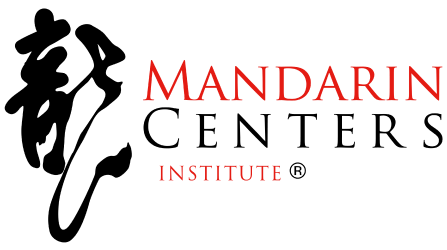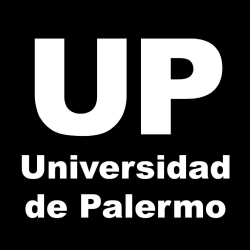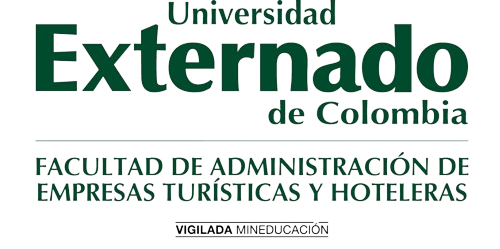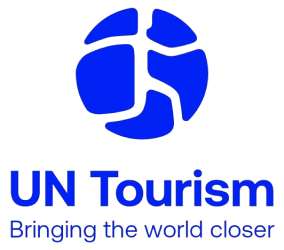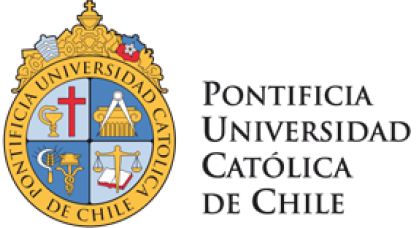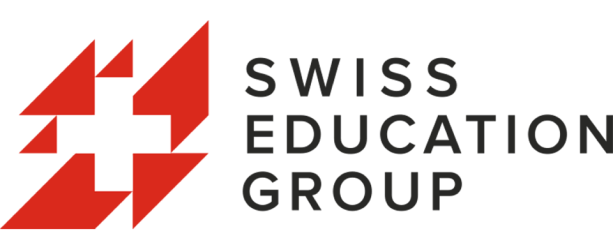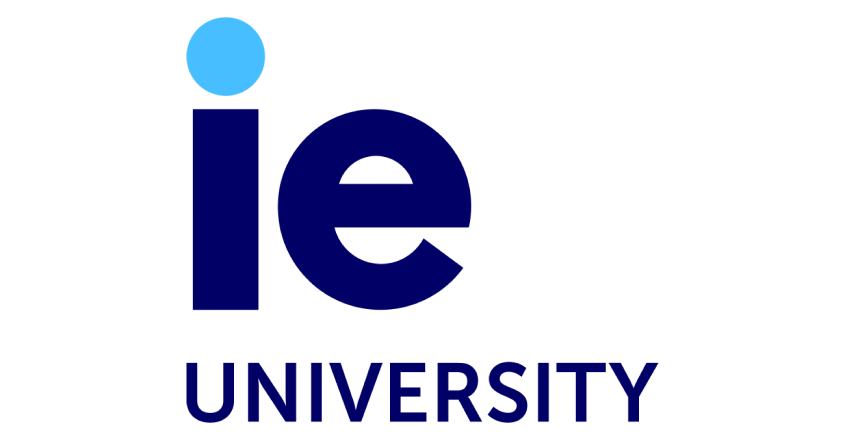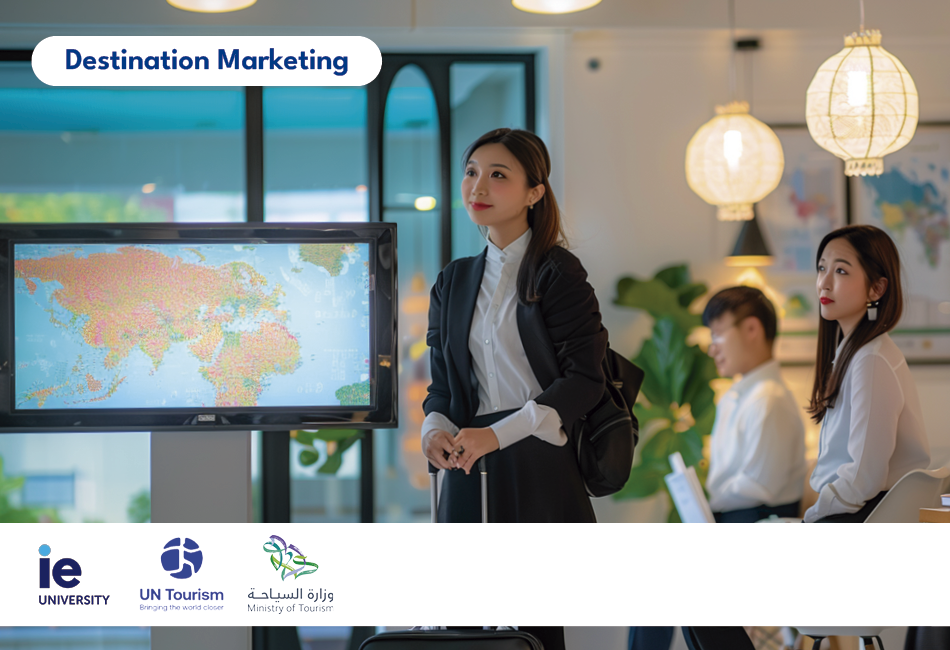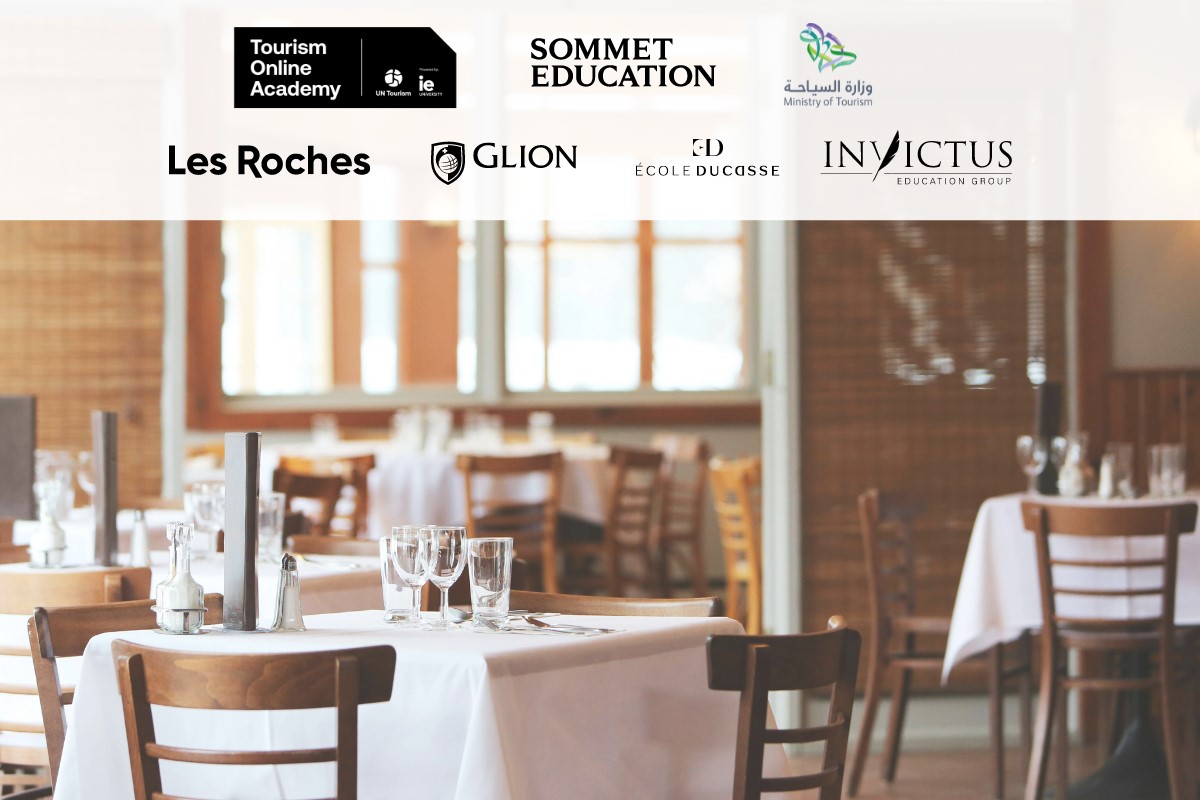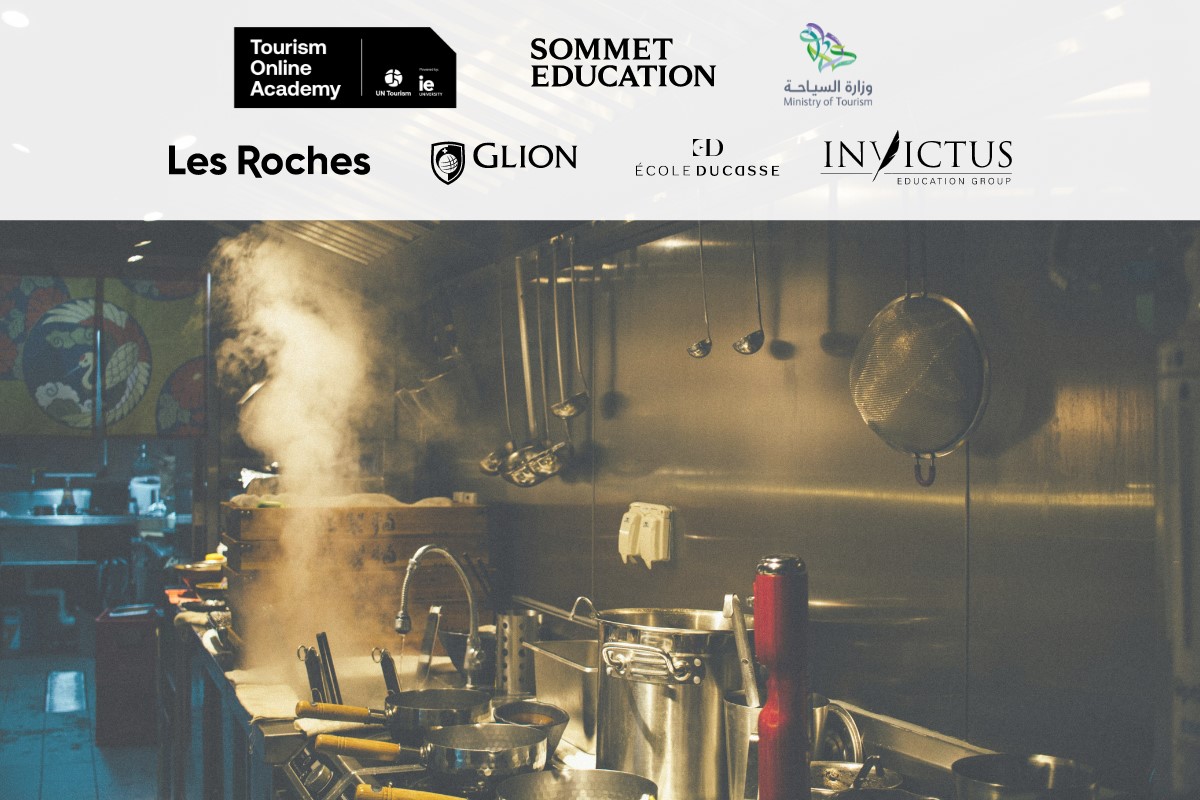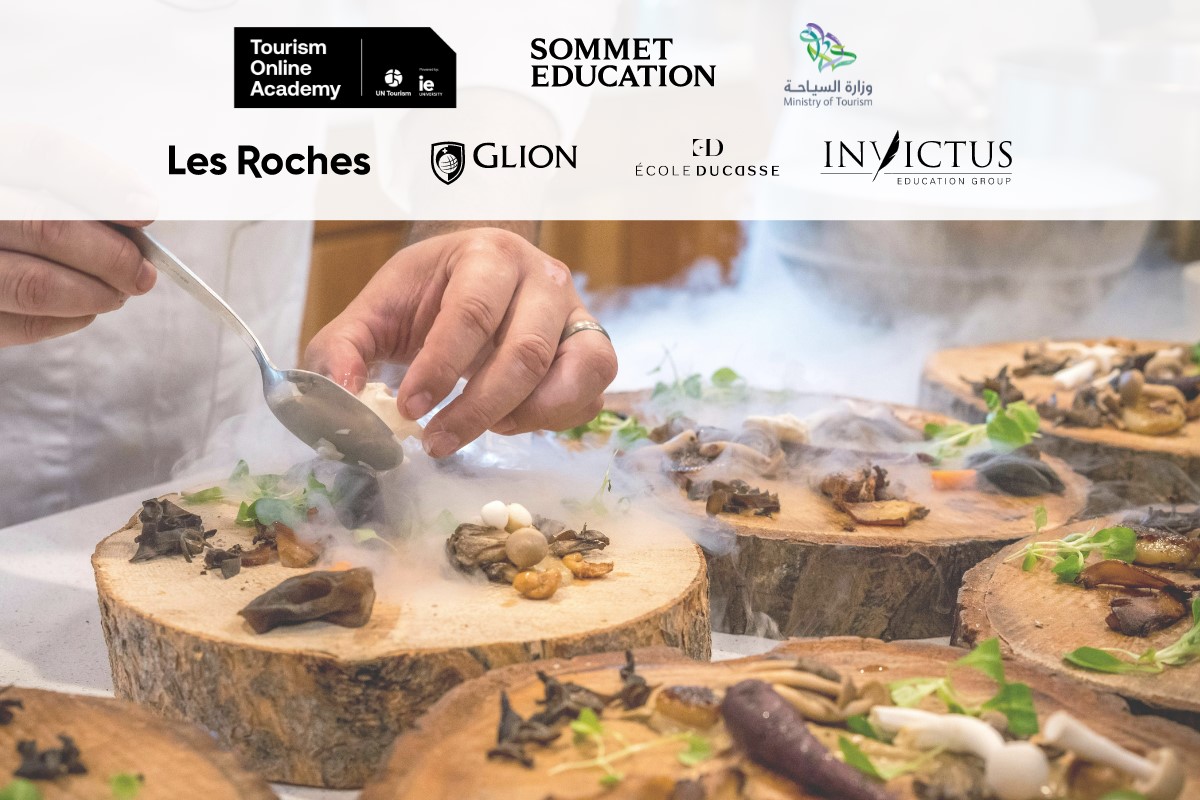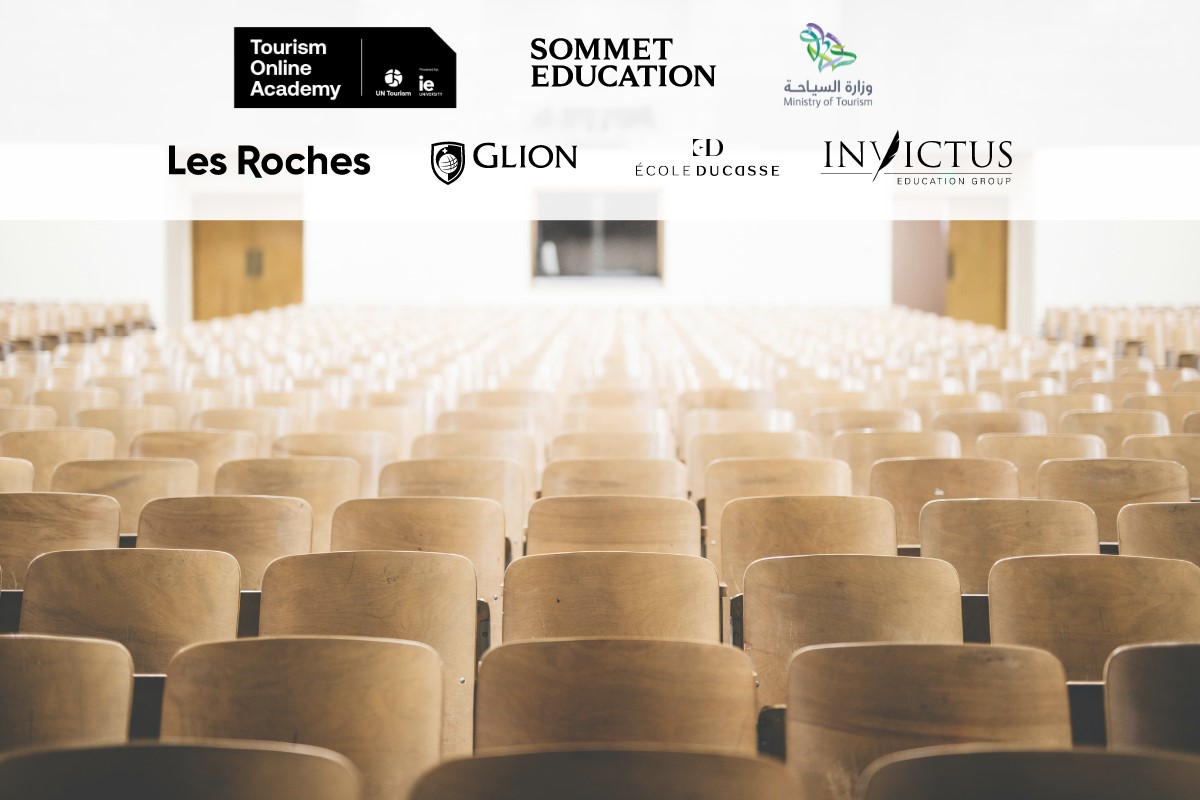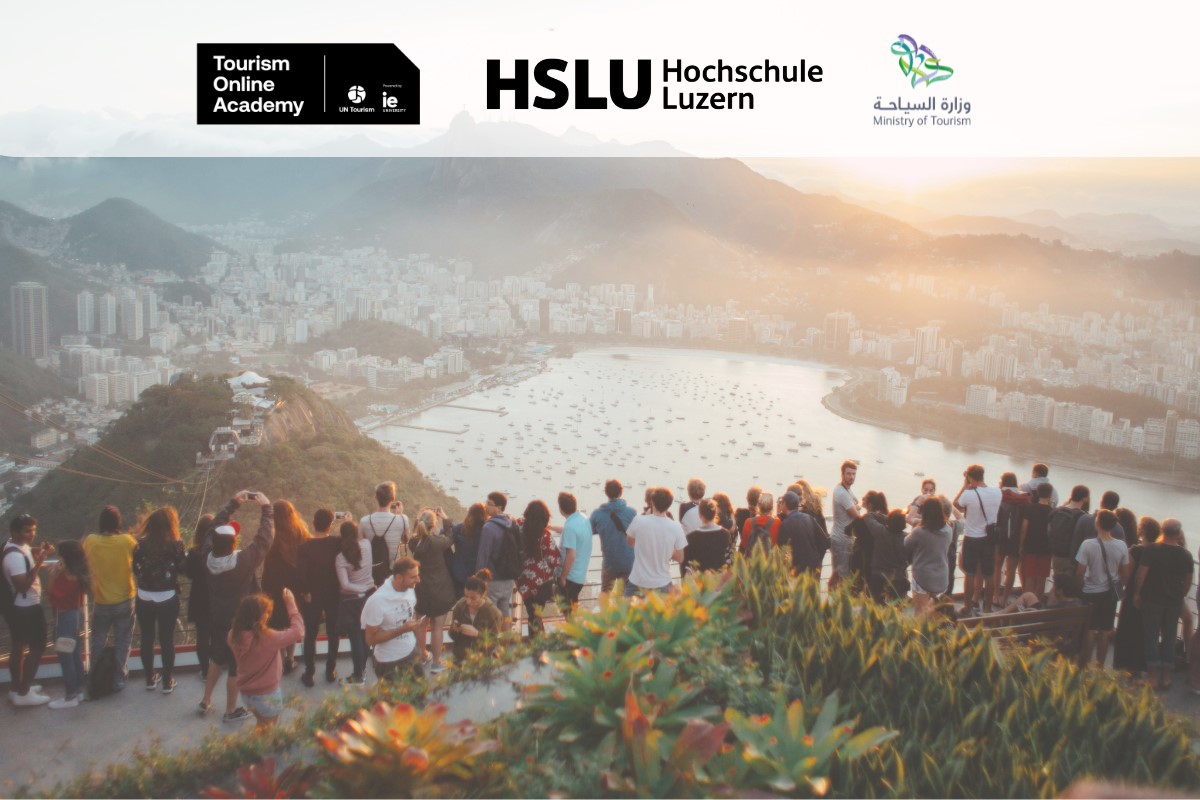Innovation Training in Tourism
BY
Luis Buzzi
In recent years, the digital transformation of tourism has accelerated, both in terms of consumer habits and, increasingly, in how people travel and experience their chosen destinations. To keep pace, tourism businesses must increasingly become more innovative, not just in their business models but in how they actually work.
This has forced the companies of the sector to try to get to know this future traveler and interact in the digital spaces in which they are present. This has generated both the appearance of new business models, purely digital, and the creation of new departments in traditional companies, whose mission is to understand the customer and develop the necessary tools and actions to capture their attention in order to be the one chosen to fulfill the journey.
Innovation must not be limited to rethinking consumer interactions. To stay competitive, tourism businesses need to become flexible organizations, with the talent in place to continuously adapt and meet, or even pre-empt, changing trends. This will require the introduction of dynamic and comprehensive training models, designed to ensure that tourism workers at every level are able to make digital an integral part of their jobs.
At this point, training has become a key competitive factor, and the starting point for tourism businesses to develop increasingly innovative models from within their own organizations. This makes digital the common thread among new training models in which knowledge is not only transmitted outwardly, but shared internally through the creation of collaborative spaces. Generating innovative ideas from the inside is essential, and employees must be given the tools and time they need to contribute without having to take time away from their day-to-day responsibilities.
In this sense, training models must be integrated with models for generating innovative ideas, where any person in an organization can propose new processes or the application of new technologies so that the business builds differential factors that are innovative and allow them to gain an advantageous competitive position in the market.
In conclusion, it is now highly relevant for tourism companies to understand that their challenge is not only to be differential in a digital way, but also to have an organization that is able to take on new challenges. Embracing innovation processes that come from within will not only help a business offer more value for their clients but will also help them better stand out in an increasingly competitive marketplace.
Luis Buzzi – Leading Partner of Hospitality, Tourism & Leisure of KPMG Spain
Luis Buzzi is the Leading Partner of Hospitality, Tourism & Leisure of KPMG Spain and in turn is the Leading Partner of KPMG Innovate, which is the Firm’s innovation network. Luis has more than 30 years of experience in consulting for the transformation of his clients’ businesses. In the tourism sector, he advises both hotel companies, travel agencies and other companies in the sector. Luis is also an advisor to numerous destination management organizations and a regular speaker both in specialized media and at events in the sector. His experience in the development of innovation models and in the creation of startup ecosystems dates back to the early 90s, and he has continued during these years, with all the digital disruption that we are experiencing.
Did you like this article and are interested in learning more about the fundamentals of tourism? Then we invite you to enroll today in the Introduction to Tourism- Industry management MOOC!
